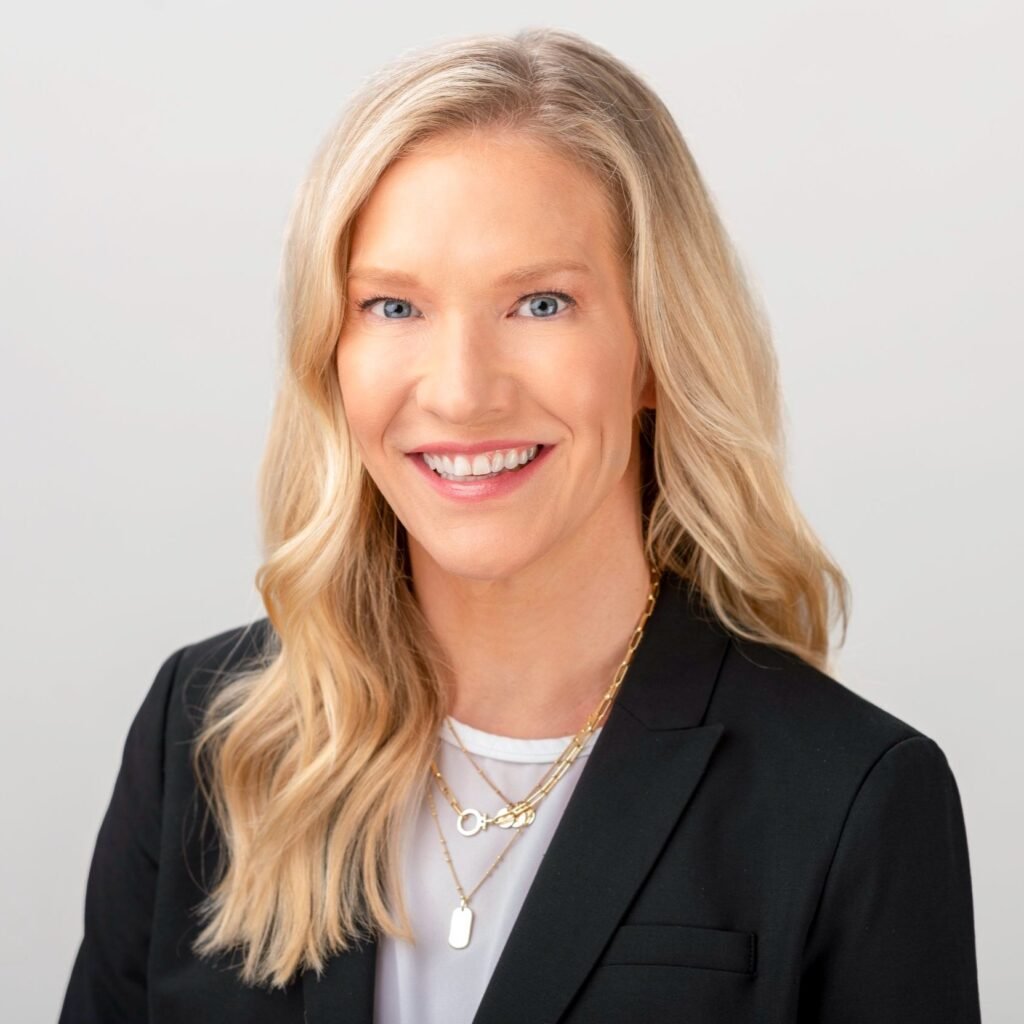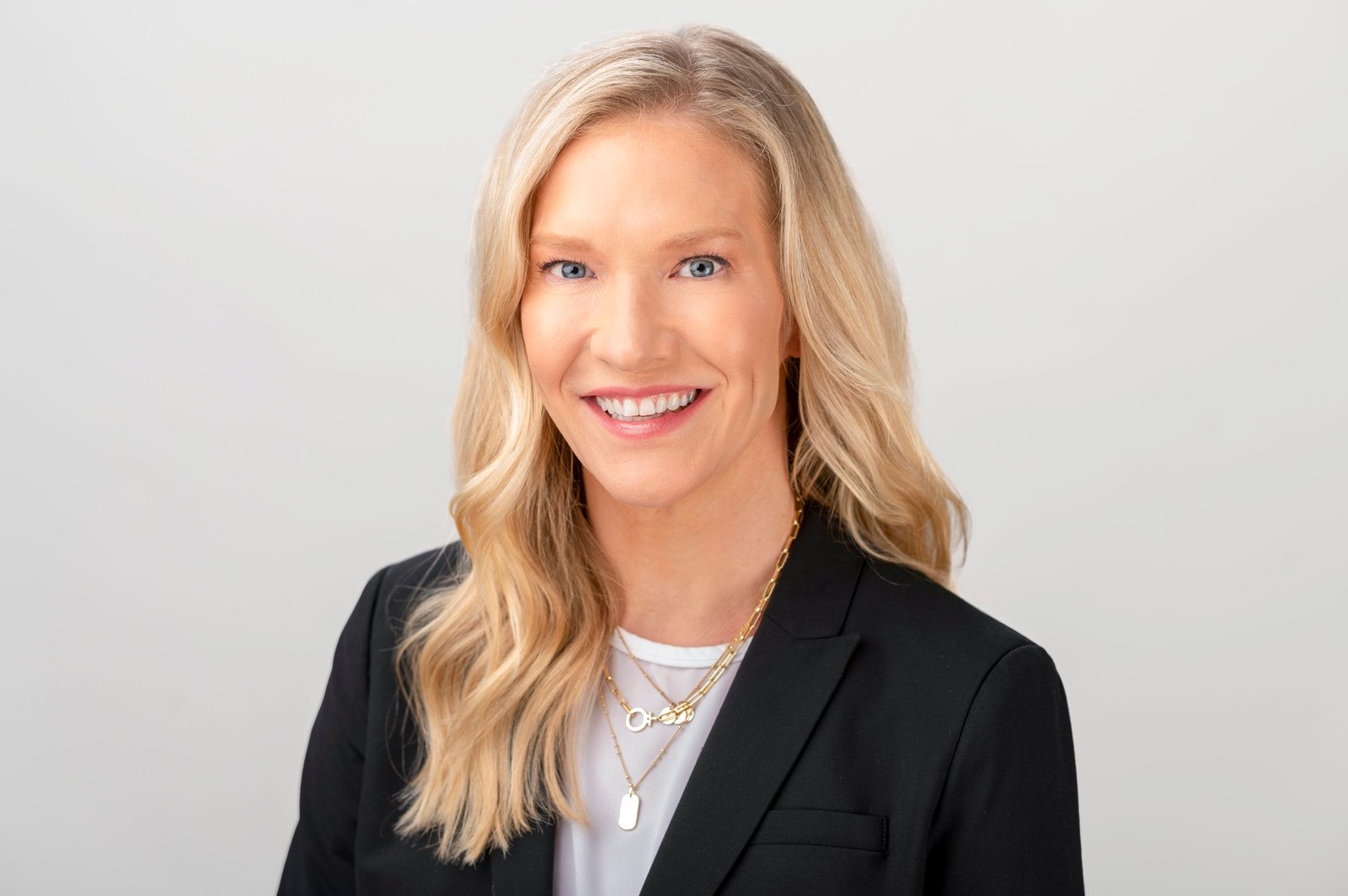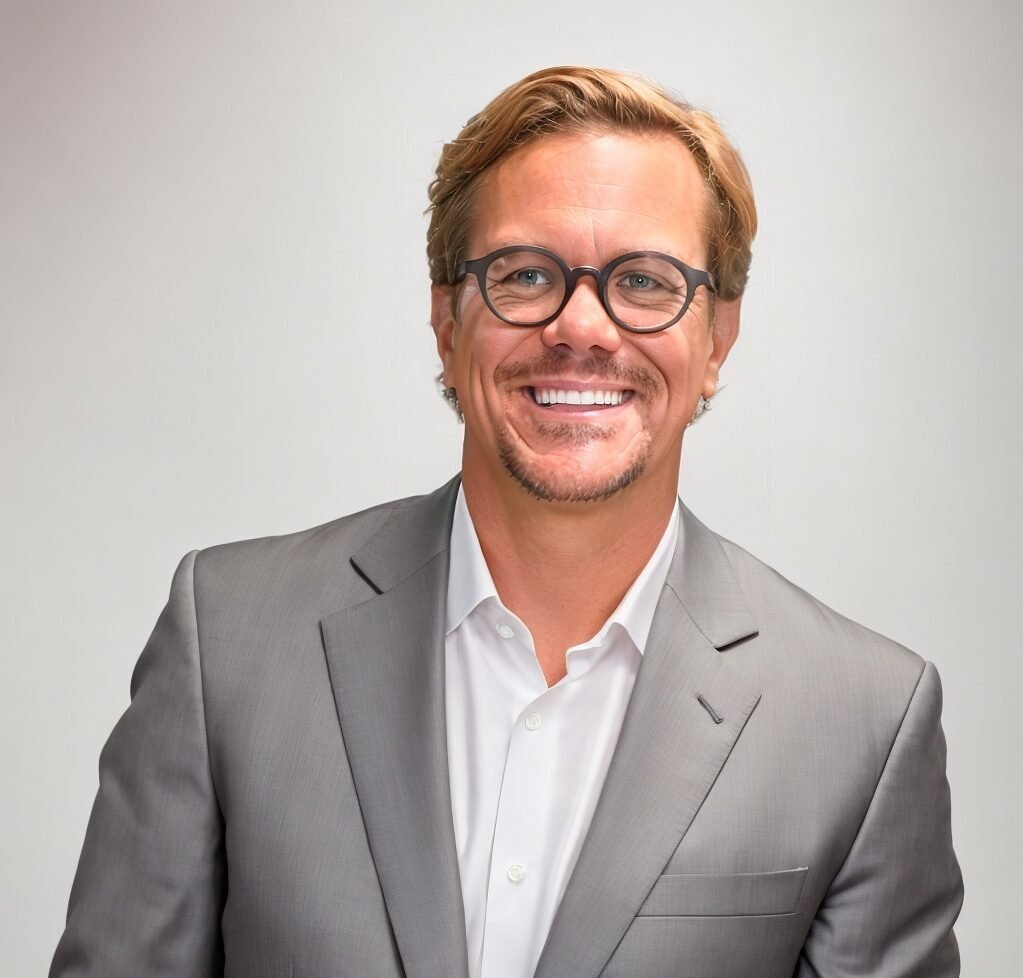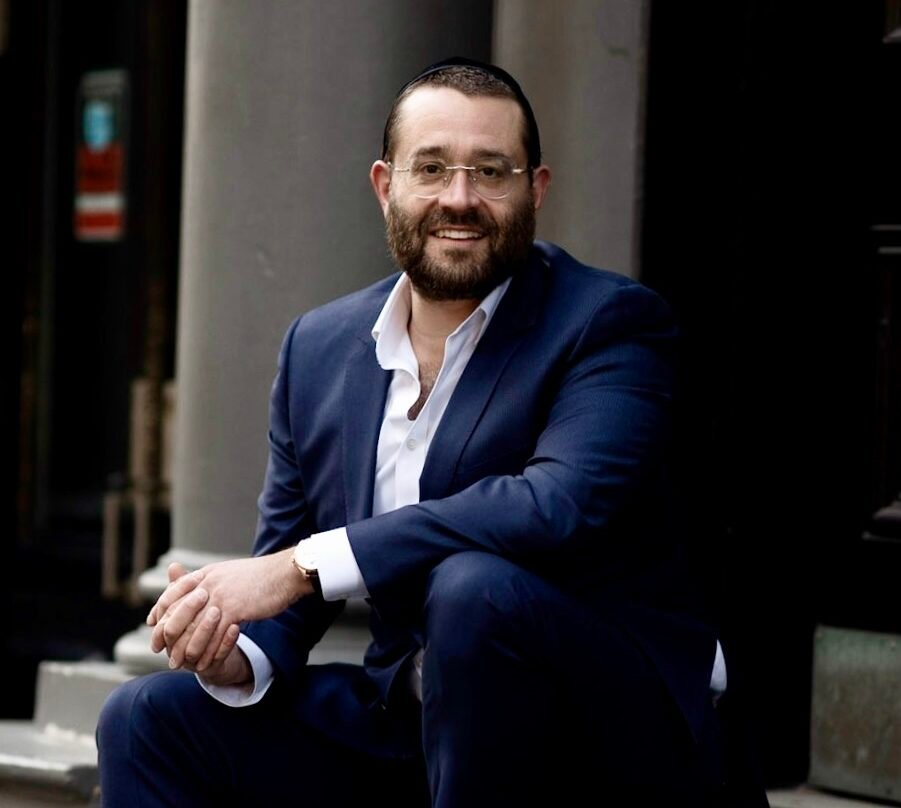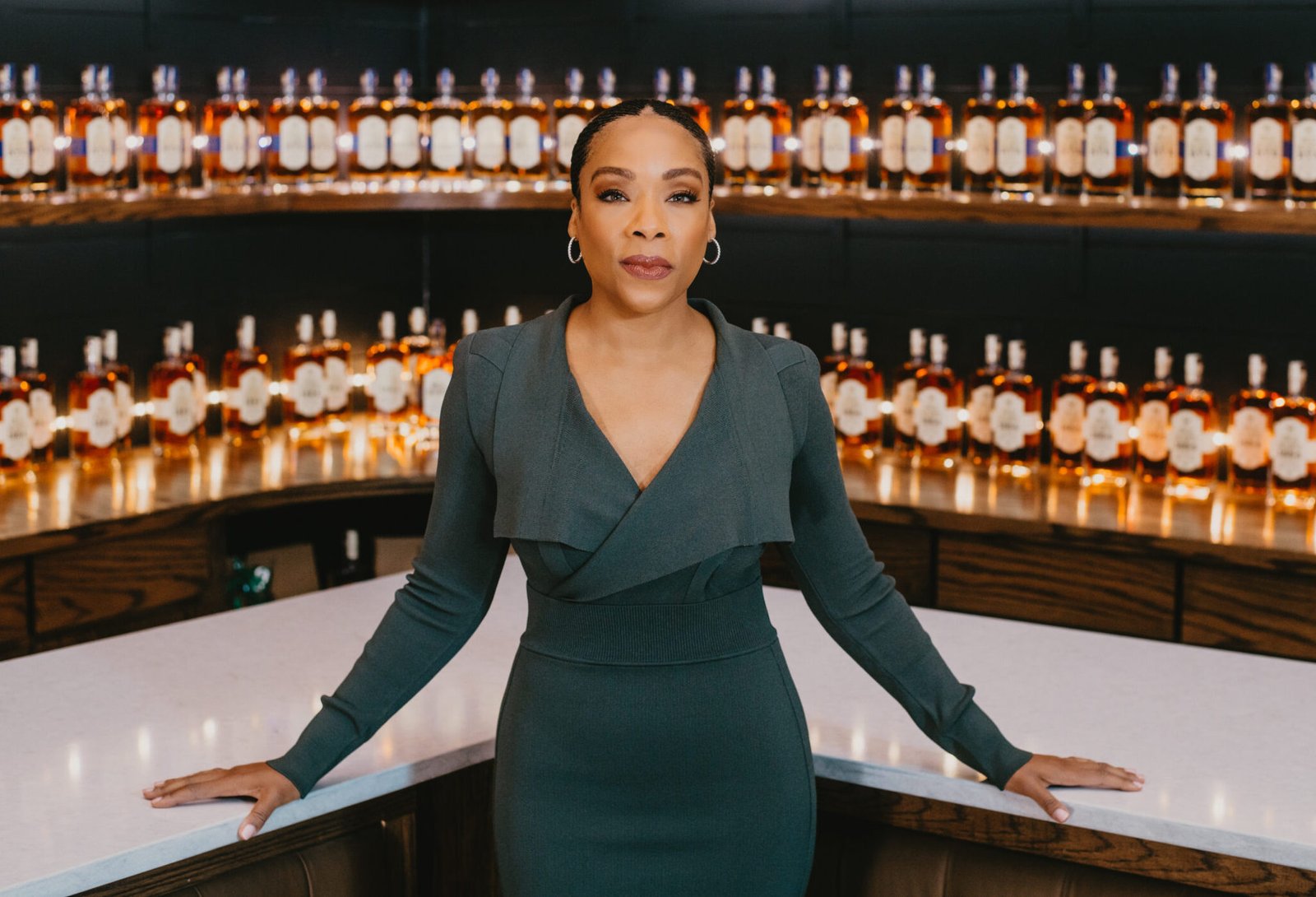I recently went one on one with Sam Hammock, Chief Human Resources Officer of Verizon.
Adam: Thanks again for taking the time to share your advice. First things first, though, I am sure readers would love to learn more about you. How did you get here? What experiences, failures, setbacks or challenges have been most instrumental to your growth?
Sam: Thank you for the opportunity! I’ll give you a little background to start — I come from an amazing, humble, working-class family. I’m the oldest of 6, I grew up in a small farm town in Michigan (there’s still no stop light in the town, it’s that small), I graduated high school with about 72 people and my first job was corn detasseling when I was 12. I have been working ever since.
I’ve always had a strong work ethic and have been raising my hand for new opportunities for as long as I can remember. All the jobs I had growing up and throughout my career taught me skills that are invaluable to my career now as an HR professional—like effective communication, customer service and working with peers. There’s so much benefit in collecting a variety of job experiences in which we develop skills that we use throughout our careers.
Prior to joining Verizon, I was at American Express for 15 years and worked across different business units: banking, compliance, finance, and small business. I was asked to take on a project in HR that I wasn’t sure about at first, but I believe in saying yes when someone taps you for something. They see something in you and there’s always a benefit to trying something new and collecting another experience.
I knew that my working in HR was meant to be once I was there, because I was most excited and energized when I was helping others realize their greatest ambitions. There is truly nothing better. It’s where I started to learn that the difference between a good organization and a great one is how you cultivate talent. That’s why I’m so proud to help deliver on Verizon’s promise of 5G by readying our own amazing employees for jobs of the future.
Adam: What is your best advice for those working at big organizations on how to best rise within their companies and within their careers?
Sam: Focus on the expertise needed to succeed in the role you are pursuing, think about your career as a lattice rather than a ladder, and network, network, network. Collecting experiences across different areas of the business really gives you the breadth of knowledge and the skills that you’ll need and that often requires making some lateral moves. Map out your goals and speak with people within your organization who work in jobs that interest you. They can provide invaluable insight on where to get started and how you can position yourself for success. And always say yes to opportunities and projects working in different areas.
I also believe companies have an obligation to give employees tools and resources to navigate what different careers could look like. In larger companies, it can be really difficult to see all of the jobs that are in the realm of what’s possible for us and our careers. At Verizon, we launched Talent GPS to address this very issue. Talent GPS is a tool that allows people within our company to have more knowledge, insights and resources to control their own career journey. It provides a transparent view of jobs across Verizon with insights into the competencies required to succeed in those roles and empowers managers to cultivate talent on their own teams.
Adam: What is your best advice for entrepreneurs and those working at small businesses on how to cultivate relationships and sell to large companies?
Sam: I think there is often a negative connotation to the phrase “it’s who you know,” but as an HR professional and as someone working in corporate America for many years, I can tell you that networking and building relationships are essential to building trust. Small businesses have the gift of local insight and local relationships. They can be nimble and are embedded in the community in a way that’s difficult for multinational corporations. Leveraging this advantage brings a unique selling opportunity to the table for small companies or entrepreneurs looking to work with bigger brands.
Adam: What do you believe are the defining qualities of an effective leader?
Sam: Good leadership comes in many forms. Sometimes leaders are quiet, leading by example, and others are bold, powerful and motivational. Here are a few qualities I look for:
-
Transparency. It’s important to be real with your team and help employees understand the bigger picture—why things are being done in certain ways. If employees aren’t privy to the big picture, it’s difficult for them to find meaning in their day-to-day work.
-
Ability to listen. No one is obligated to give you feedback—it’s a gift when they do. Listening to your employees and taking real-time feedback to make changes will foster higher levels of trust and greater feelings of community in addition to helping you make much-needed changes.
-
Selflessness. Looking out for the development and the growth of the people around you. Knowing people’s strengths, what brings them passion and energy, and then putting them in the right place that allows them to thrive.
-
Curiosity. Curiosity is at the core of a leader’s ability to reflect on mistakes, learn new things and welcome the challenges that will inevitably come their way. Staying curious also helps you build genuine relationships with people on your team.
Adam: How can leaders and aspiring leaders take their leadership skills to the next level?
Sam: Be a lifelong learner. Whenever a new opportunity or project piques my interest, I raise my hand and eagerly expand my knowledge and skills. This is not about chasing new titles or statuses. It’s about learning, growing and pursuing opportunities that can make an impact for yourself or others, and ultimately reward you.
Adam: What is your best advice on building, leading and managing teams? And how can leaders build truly diverse and inclusive teams?
Sam: One of my mantras is that you need to slow down to speed up. Spend the time upfront to figure out what your organization and team needs to determine where you need to focus.
At Verizon, we’ve done this by creating a formal, strategic workforce plan that aligned with our company’s overarching business goals. In doing so, we’ve been able to focus on building talent and skill sets intentionally as opposed to only vying for external hires. This is how we have been able to do a substantial amount of growth from within.
In order to create truly diverse and inclusive teams, diversity cannot be a standalone initiative. It’s not just about hiring people from diverse backgrounds,it means incorporating diverse perspectives into every aspect of talent – from hiring and training to career development and growth opportunities. Diverse and inclusive organizations also need to be flexible in accommodating the needs of every employee. For example,we sprang into action when we saw women downshift their careers amid COVID-19 and launched Women’s CoLab to help them advance professionally. The digital hub provides free resources to help women achieve success through live Q&As, career workshops, networking clinics and an abundance of online content powered by Degreed and other learning institutions.
Adam: What are your three best tips applicable to entrepreneurs, executives and civic leaders?
Sam: First, I tell everyone to say yes. Saying yes to new projects, new exposures and new experiences that take you outside your comfort zone is the best way to grow.
It’s also important to listen. I believe feedback is a gift. If people are willing to tell you what they think to make your organization a better place, you should take what they have to say to heart—and then take action.
Lastly, network with purpose. What you have to offer is valuable, remember that!
Adam: What are your best tips on the topics of sales, marketing and branding?
Sam: Always have the mindset of a challenger brand. Be hungry and never take anything for granted.
Adam: What is the single best piece of advice you have ever received?
Sam: Maya Angelou once said, “People will forget what you said, people will forget what you did, but people will never forget how you made them feel.” To me, those words perfectly capture the importance of creating a workplace culture in which employees feel a sense of belonging and are empowered to share their whole self. The imprint we make on our people can create a groundswell of advocacy within and beyond our walls, but our investment must be authentic and integrated into the very fabric of our values and operational excellence.
Adam: Is there anything else you would like to share?
Follow me on LinkedIn or Instagram!


